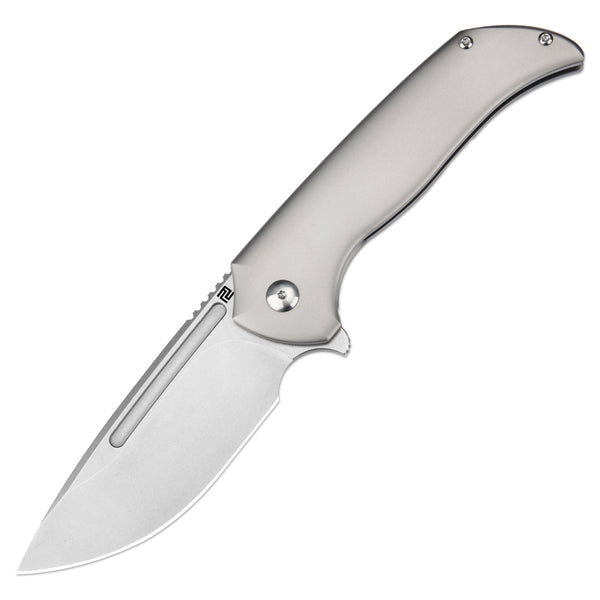When it comes to the world of knives and blades, the Wharncliffe blade holds a unique and intriguing place. Its history is rich and its design is distinctive, making it a fascinating subject to explore. In this article, we will delve into the origins of Wharncliffe blades, tracing their evolution and significance throughout history.

The Origins of Wharncliffe Blades
The history of Wharncliffe blades dates back to the 19th century in England. The name "Wharncliffe" is derived from Wharncliffe Wood in South Yorkshire, where this particular blade shape was first documented. Originally, Wharncliffe blades were used in crafting and woodworking, known for their straight edge and pointed tip. Over time, their functionality expanded to include various other applications, from everyday carry knives to tactical and utility blades.
The Distinctive Design of Wharncliffe Blades
One of the defining features of a Wharncliffe blade is its straight edge that extends from the handle to the tip in a linear fashion. Unlike other blade shapes such as the drop point or clip point, the Wharncliffe blade has a completely flat cutting edge, which makes it ideal for precision cutting and slicing. The lack of a belly on the blade allows for maximum control and accuracy, making it a popular choice among craftsmen and knife enthusiasts.
Evolution and Influence
As the use of Wharncliffe blades expanded beyond traditional woodworking, their influence grew in various fields. From the medical industry to the realm of outdoor and survival tools, the unique design of Wharncliffe blades found new applications. Today, they are commonly found in modern pocket knives, utility knives, and even in certain types of tactical and self-defense blades. The versatility and practicality of the Wharncliffe blade continue to make it a sought-after choice for many users.
Modern Interpretations and Applications
In the contemporary knife market, the Wharncliffe blade has seen a resurgence in popularity. With advancements in materials and manufacturing techniques, modern interpretations of the Wharncliffe blade offer enhanced performance and durability. From high-quality stainless steels to innovative handle materials, the evolution of Wharncliffe blades reflects the ongoing pursuit of excellence in blade design and functionality. Whether it's for everyday tasks or specialized use, the Wharncliffe blade remains a timeless and reliable option.
In conclusion, the history and evolution of Wharncliffe blades showcase the enduring appeal and practicality of this unique blade shape. From its humble origins in woodworking to its widespread influence in modern knife design, the Wharncliffe blade continues to captivate enthusiasts and users alike. Its distinctive design and versatile applications make it a timeless classic in the world of blades and knives.



